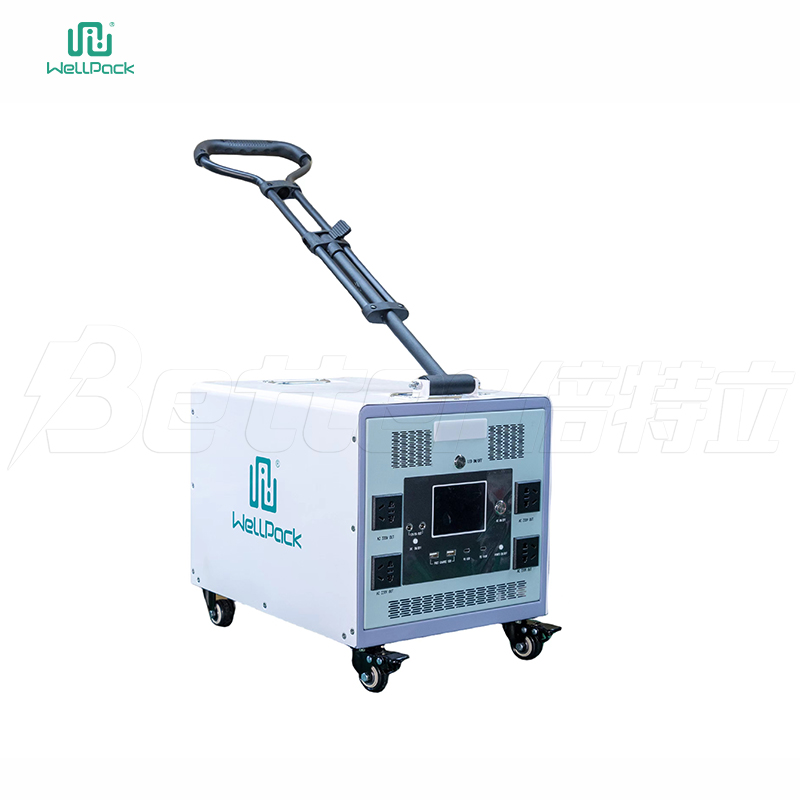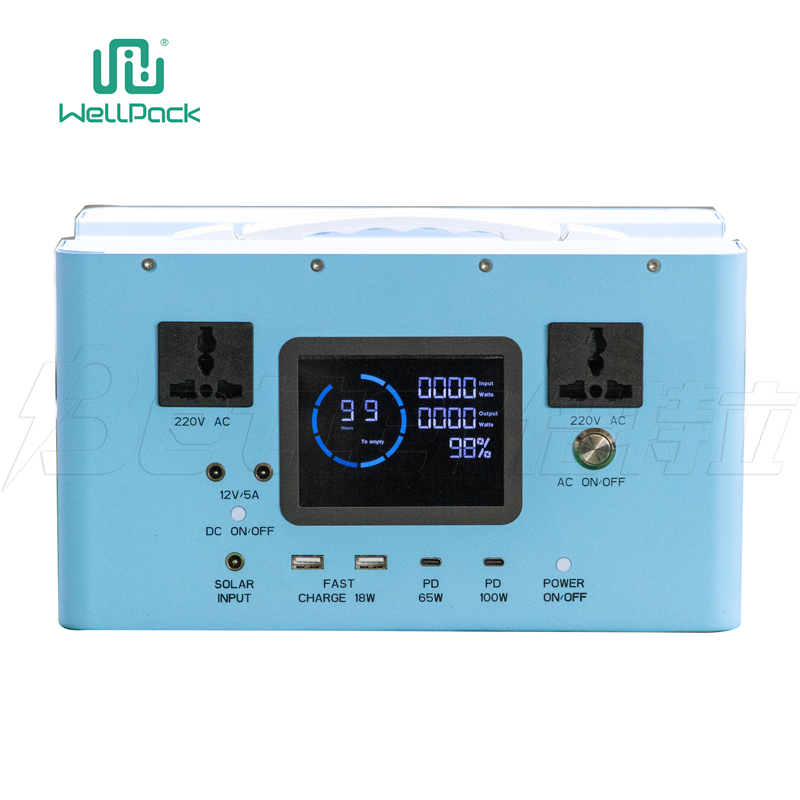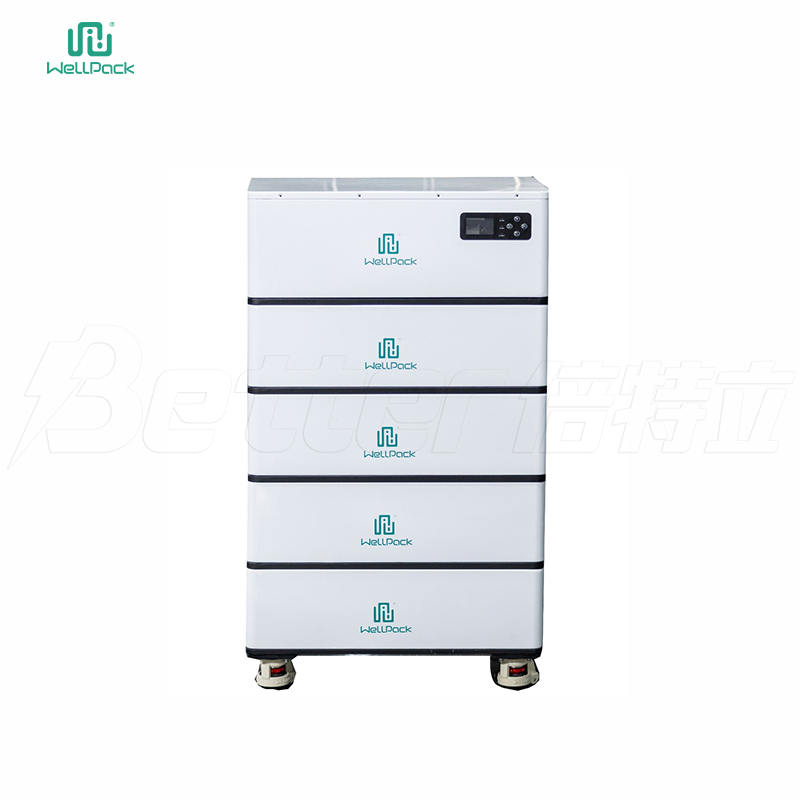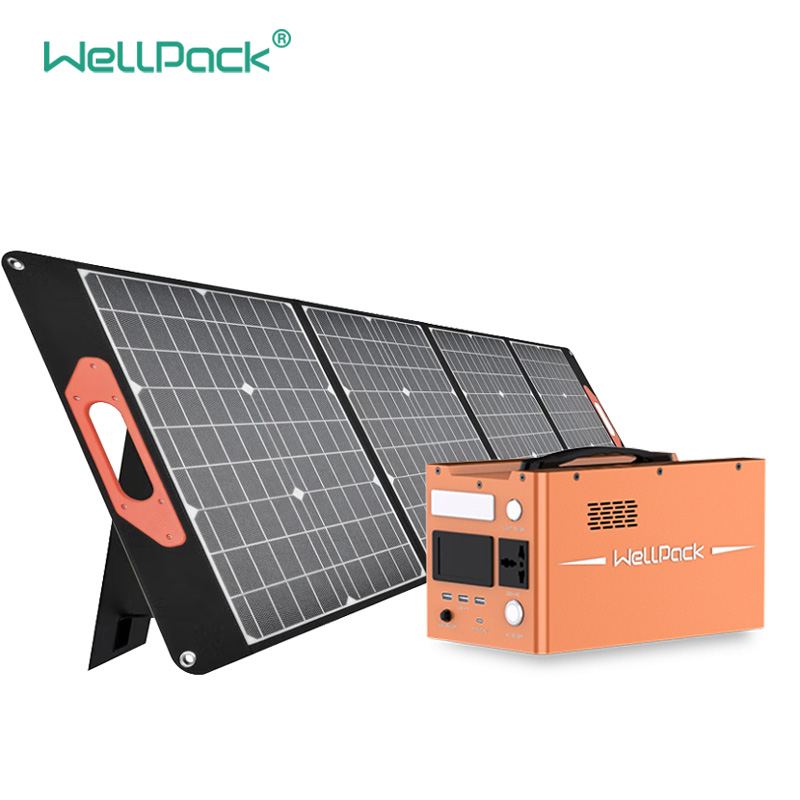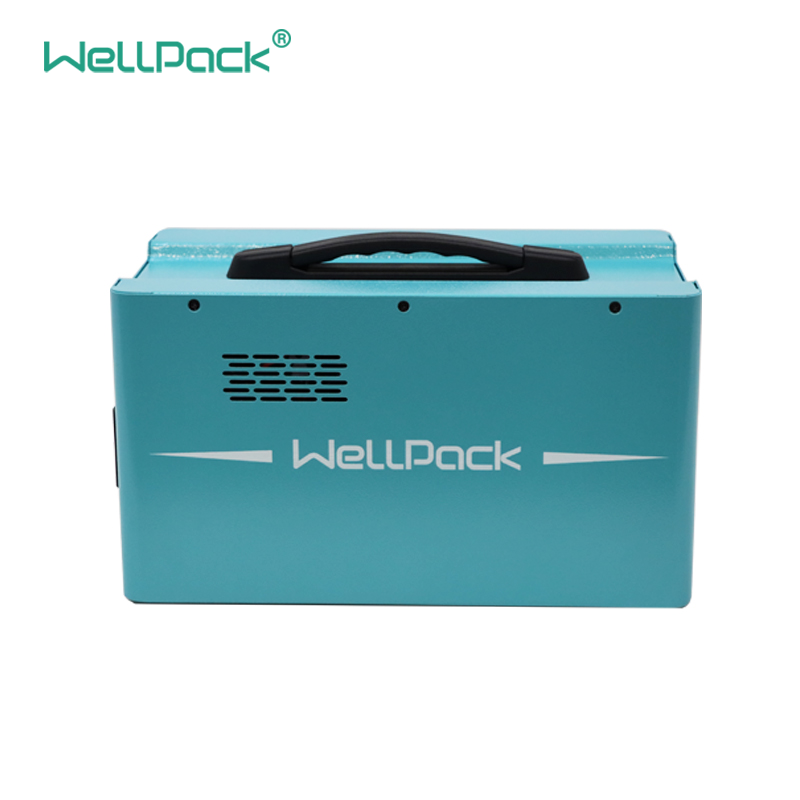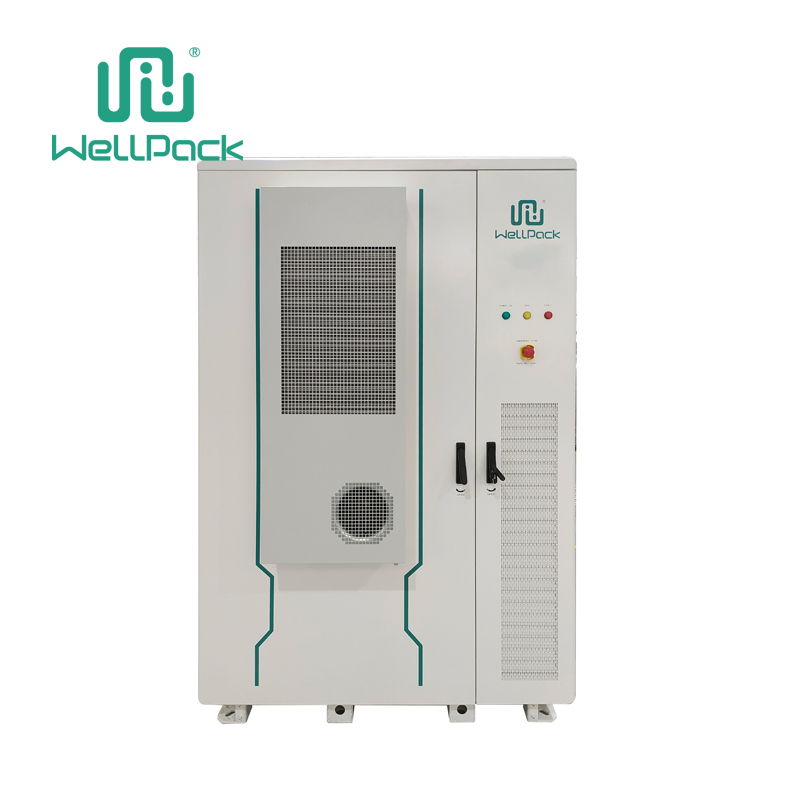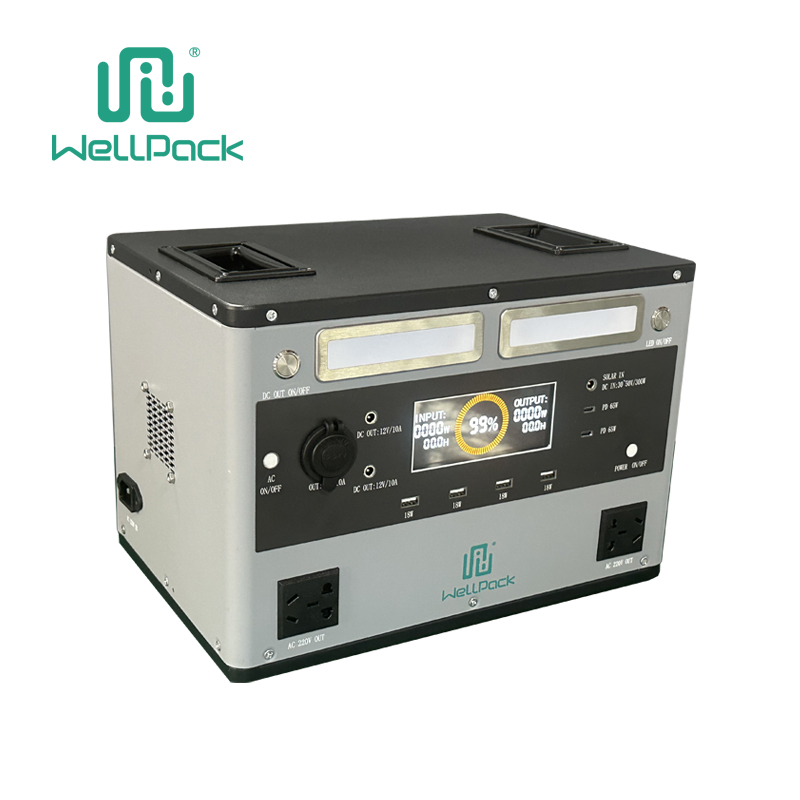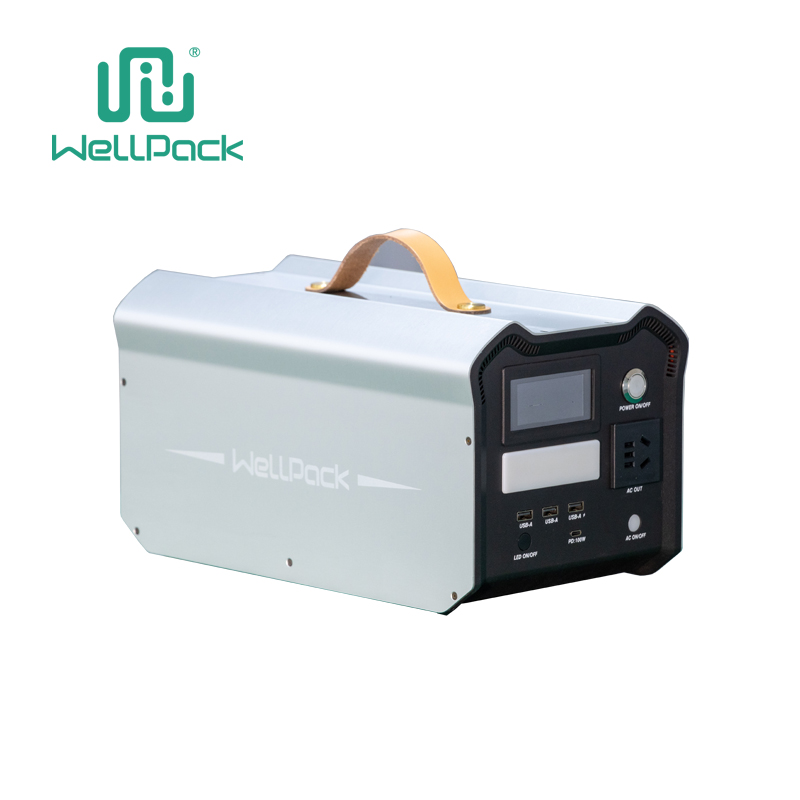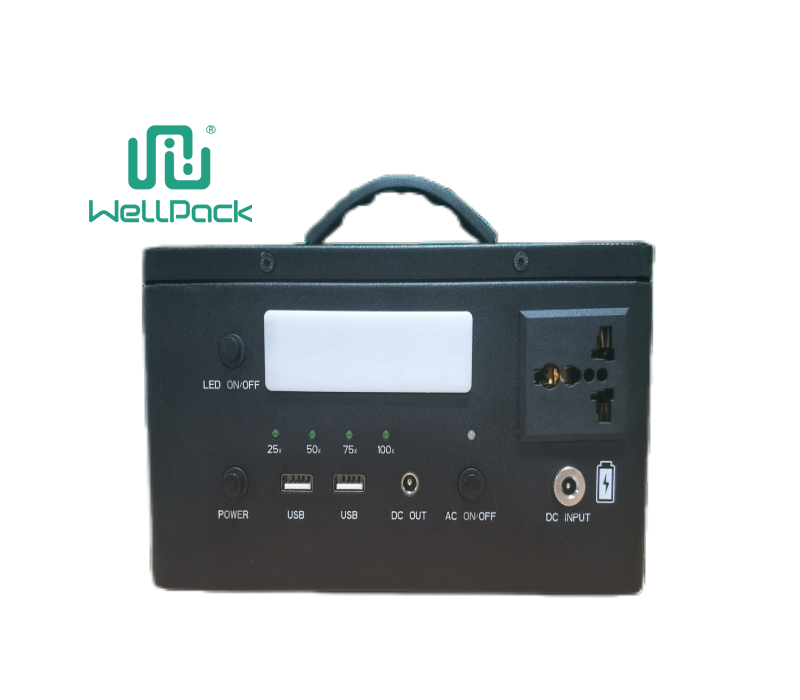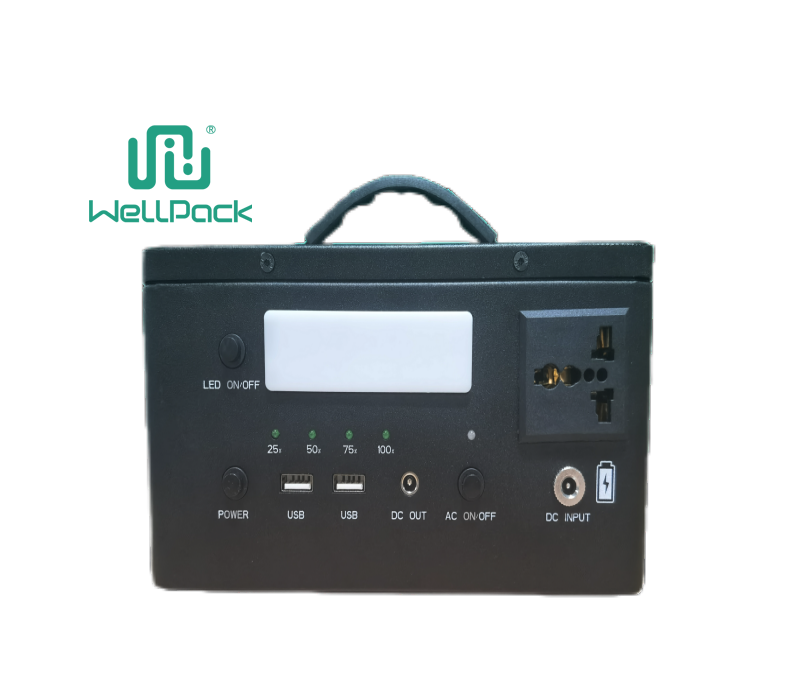A home energy storage system can help you store and use energy from the sun, wind, or grid. It can save you money and energy, make your home greener and safer, and let you use renewable energy. But buying a home energy storage system is not easy. You need to think about many things and avoid many mistakes. In this article, we will tell you how to avoid 10 common mistakes when buying a home energy storage system.
Mistake 1: Not Doing Enough Research
The first mistake is not doing enough research before buying a home energy storage system. You need to know what you want, what you need, and what you can get. You also need to know what is happening in the market, what other customers want, and what other sellers offer. If you don’t do enough research, you may buy a system that is not right for you.
To avoid this mistake, you should do research on:
The type of energy that you want to store or use
The size and capacity of the system that you need
The quality and performance standards that you expect
The cost and maintenance of the system
The reputation and reliability of the manufacturer and supplier
The reviews and feedback from other customers
Mistake 2: Not Comparing Different Options
The second mistake is not comparing different options before buying a home energy storage system. You should not just buy the first option that you see or the one that the seller tells you. You should compare different options based on their features, price, warranty, delivery, installation, service, and reviews. Comparing different options can help you find the best deal and quality for your money. It can also help you avoid bad products or sellers.
To avoid this mistake, you should compare different options on:
The features and specifications of the system
The price and warranty of the system
The delivery and installation of the system
The service and support of the system
The reviews and ratings of the system
Mistake 3: Not Testing the System Before Buying
The third mistake is not testing the system before buying it. You should not just buy a system based on how it looks or sounds. You should test the system to make sure that it works well, meets your standards, and has no problems. If you don’t test the system, you may buy a system that is broken or bad.
To avoid this mistake, you should test the system before buying it by:
Asking for a demonstration or trial of the system
Checking how the system works and how efficient it is
Looking at how the system looks and if it has any damage
Asking for a certificate or report that shows the quality of the system
Mistake 4: Not Negotiating the Price
The fourth mistake is not negotiating the price of the home energy storage system. You should not just pay the price that the seller asks for without trying to lower it or get some extra benefits. Negotiating the price can help you save money, get more value, or get more services. It can also help you build a good relationship with the seller and get better deals later.
To avoid this mistake, you should negotiate the price of the home energy storage system by:
Doing market research and knowing how much similar systems cost
Having a clear budget and sticking to it
Being nice and respectful to the seller
Being flexible and willing to compromise
Asking for discounts or freebies
Mistake 5: Not Reading the Contract Carefully
The fifth mistake is not reading the contract carefully before signing it. The contract is a legal document that says what both parties agree to do. It has important information such as:
The details of the product (name, model, features, specifications)
The details of the seller (name, address, contact)
The details of the buyer (name, address, contact)
The price and payment method
The delivery and installation date
The warranty and service period
The return and refund policy
The dispute resolution mechanism
Not reading the contract carefully can cause problems later on. You may agree to something that you don’t want or miss something that you want.
To avoid this mistake, you should read the contract carefully before signing it by:
Reading every word and part carefully
Asking questions or explanations if something is not clear or confusing
Checking for any mistakes or differences
Making sure that everything that you agree on is written down
Keeping a copy of the contract for future use
Mistake 6: Not Asking for a Warranty
The sixth mistake is not asking for a warranty when buying a home energy storage system. A warranty is a promise from the seller that they will fix or replace the product if it breaks or does not work within a certain time. A warranty can protect you from extra costs, losses, or damages if the product is bad. It can also show the quality and trustworthiness of the product and the seller.
To avoid this mistake, you should ask for a warranty when buying a home energy storage system by:
Asking how long and what the warranty covers
Asking what the warranty terms and conditions are
Asking how to make a warranty claim and what to do
Asking for a written warranty document
Mistake 7: Not Asking for Service and Support
The seventh mistake is not asking for service and support when buying a home energy storage system. Service and support are the help and assistance that the seller gives you after you buy the product. These may include:
Installing and setting up the system
Teaching and guiding you on how to use the system
Maintaining and repairing the system
Solving any problems or issues with the system
Updating or upgrading the system
Service and support can help you use your home energy storage system better and longer. They can also show the seller’s care and professionalism to their customers.
To avoid this mistake, you should ask for service and support when buying a home energy storage system by:
Asking what kind and how often of service and support they offer
Asking how much and how available of service and support they offer
Asking who to contact or call for service and support
Asking for feedback or reviews from other customers who have used their service and support
Mistake 8: Not Considering the Space and Location Requirements
The eighth mistake is not considering the space and location requirements when buying a home energy storage system. A home energy storage system is a big and heavy equipment that needs enough space and location to work well and safely. It may also need some special conditions like temperature, humidity, or electricity.
Not considering the space and location requirements can cause:
Trouble or impossibility of delivering, installing, or moving the system
Damage or injury to the system, property, or people
Bad performance or failure of the system
Breaking of laws or rules
To avoid this mistake, you should consider the space and location requirements when buying a home energy storage system by:
Measuring how big and heavy the system is
Measuring how much space and location you have for the system
Checking what conditions the space and location have for the system
Asking an expert or professional on how to make the space and location better for the system
Mistake 9: Not Considering Your Future Needs
The ninth mistake is not considering your future needs when buying a home energy storage system. A home energy storage system is a long-term investment that should meet your needs now and later. These may include:
The demand and supply of energy in the market
The changes in technology, innovation, or regulation in the energy industry
The growth or expansion of your business or operations
The customer feedback or satisfaction
Not considering your future needs can cause:
Underuse or overuse of the system
Outdatedness or uselessness of the system
Incompatibility or inefficiency of the system
Unhappiness or regret with the system
To avoid this mistake, you should consider your future needs when buying a home energy storage system by:
Predicting how much energy you will need or use in the future
Researching on what is new or different in the energy industry in the future
Planning your goals, strategies, or actions for your business or operations in the future
Evaluating your customer needs, wants, or expectations in the future
Mistake 10: Not Seeking Professional Advice
The tenth mistake is not seeking professional advice when buying a home energy storage system. Professional advice is an opinion or suggestion from someone who knows a lot about something. Professional advice can help you make good, sure, and smart decisions when buying a home energy storage system. It can also help you avoid mistakes, risks, or problems that you may not know about.
Not seeking professional advice can cause:
Missing out on useful information, tips, or ideas
Making bad, expensive, or sorry choices
Having legal, financial, or technical troubles
Losing trust, respect, or reputation
To avoid this mistake, you should seek professional advice when buying a home energy storage system by:
Consulting with an industry expert or specialist on home energy storage systems
Seeking recommendations or referrals from other buyers who have bought similar systems
Hiring a consultant or advisor who can guide you through the buying process
Joining online forums or groups where you can ask questions or share experiences with other buyers
Conclusion
Buying a home energy storage system can be a good and profitable decision for your home. But it can also be a hard and risky one if you make some common mistakes.

